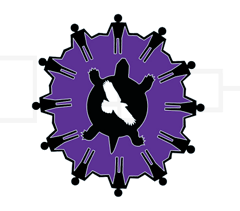Abstract
The aim of this paper is to present a case for reframing Māori suicide prevention research away from a strong emphasis on clinical research towards research that is more self-determining and historically and culturally contextualised. Rising levels of indigenous suicide have produced an intensified global focus on suicide prevention in indigenous, migrant and LGBTIQ populations.
Suicide research in Aotearoa/New Zealand has largely disregarded the potential explanatory power of historical trauma and the inter-generational transfer of collective suffering on Māori suicide levels. Similarly, the effects of regular exposure to racism, daily micro-aggressions and structural violence are often overlooked as explanatory of Māori suicide. Instead, Māori suicide is generally viewed through a pathological, agentic and individualistic lens and Māori suicide prevention efforts framed and informed by a risk factor discursive minimising the historical and contemporary outcomes of pervasive and pernicious histories under colonisation. This paper describes Māori suicide prevention research as a body of knowledge dominated by Western mono-cultural and a/historicised analysis. Such research has overwhelmingly informed Māori suicide prevention strategies and policies for thirty years. However, recent innovations in Māori suicide prevention research which take into account Māori imperatives for self-determination and re-claiming the healing potential of cultural sovereignty are considered and the case for a new frame that enables a more comprehensive, accurate analysis of suicide is proposed.
Recommended Citation
Lawson-Te Aho, Keri Rose Dr
(2017)
"The case for Re-framing Māori Suicide Prevention Research in Aotearoa/New Zealand: Applying Lessons from Indigenous Suicide Prevention Research,"
Journal of Indigenous Research: Vol. 6:
Iss.
2017, Article 1.
DOI: https://doi.org/10.26077/1nyb-6734
Available at:
https://digitalcommons.usu.edu/kicjir/vol6/iss2017/1

